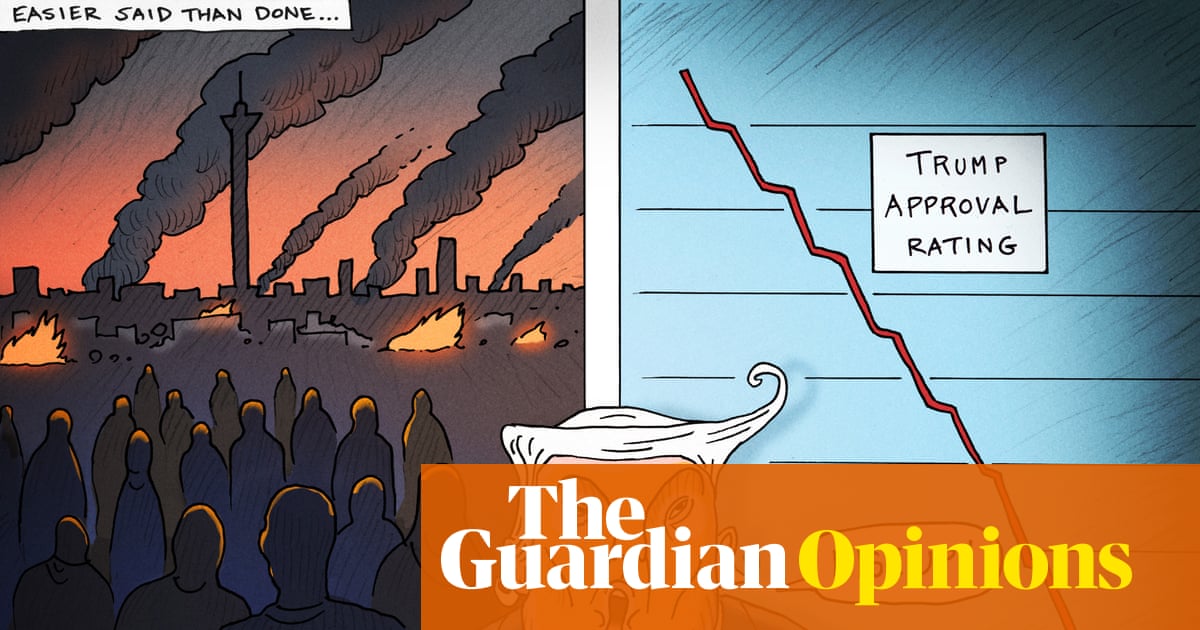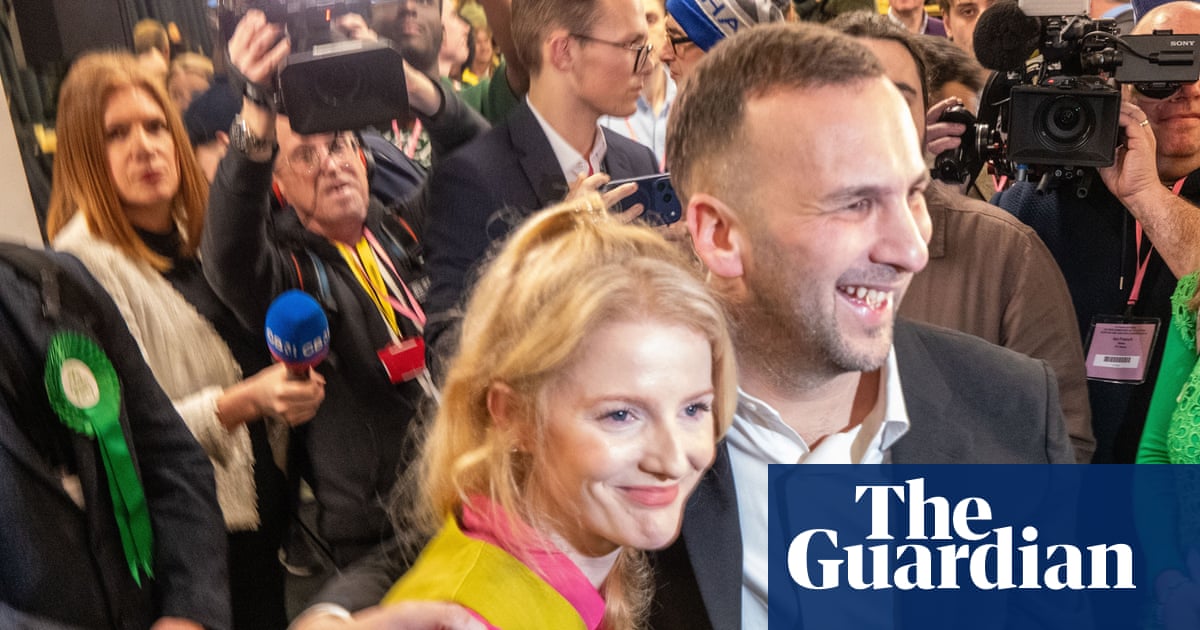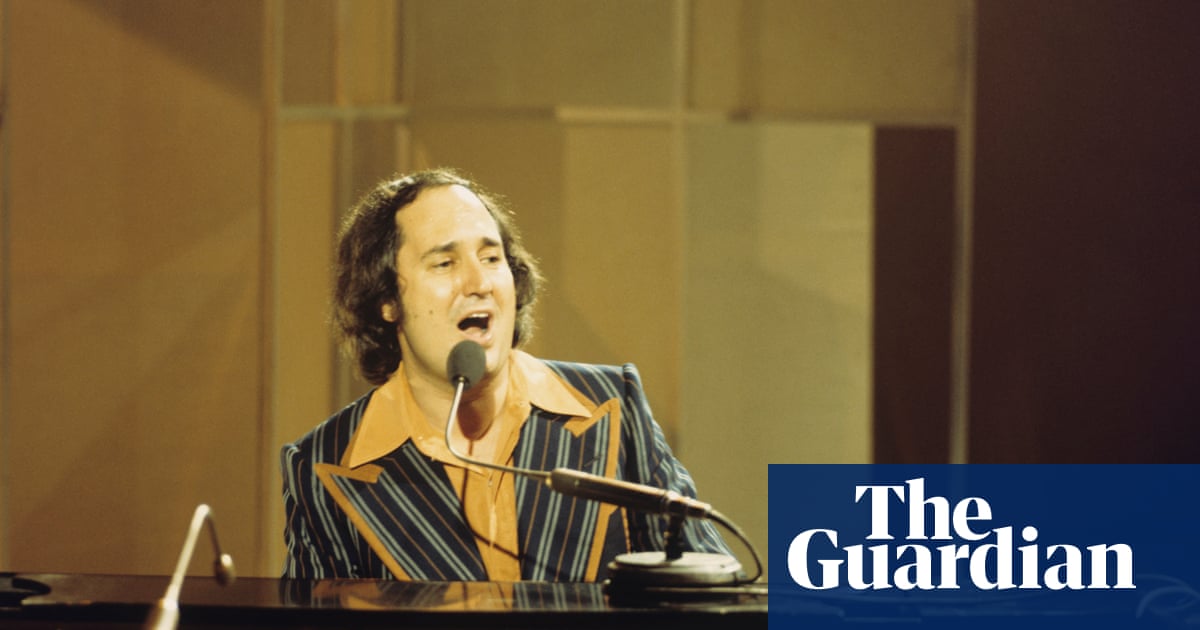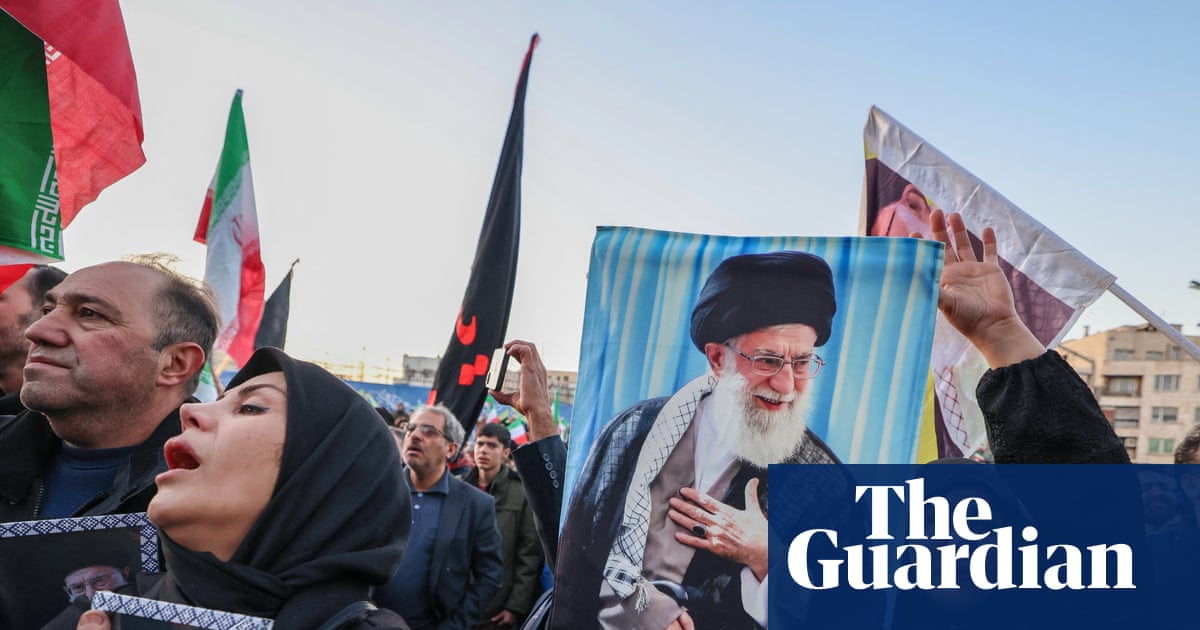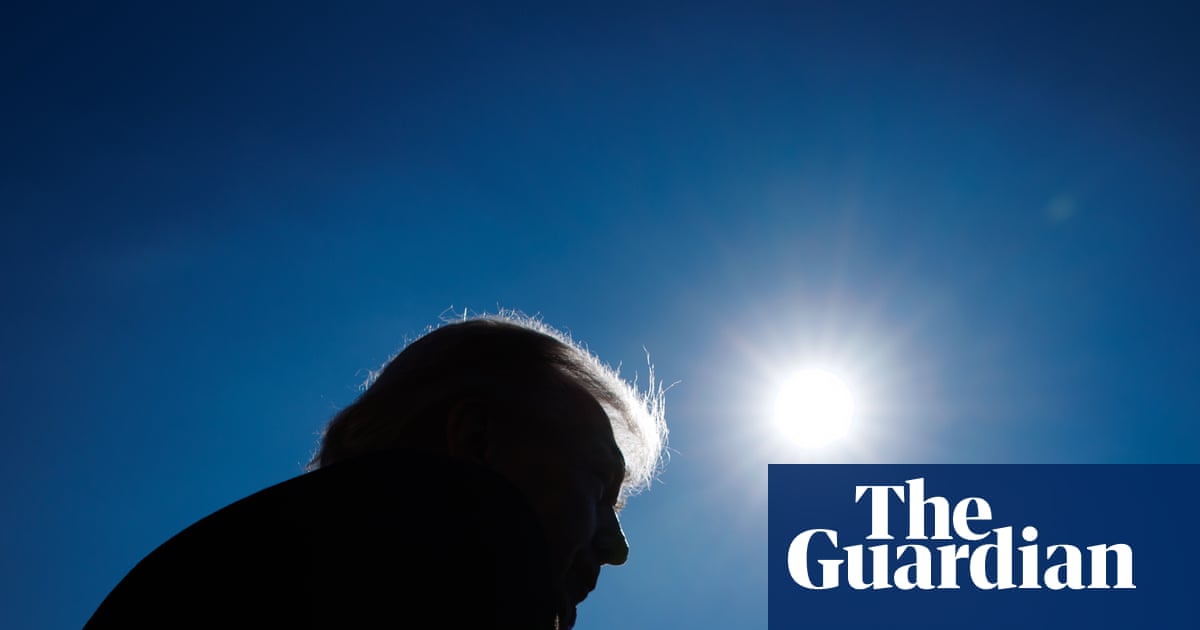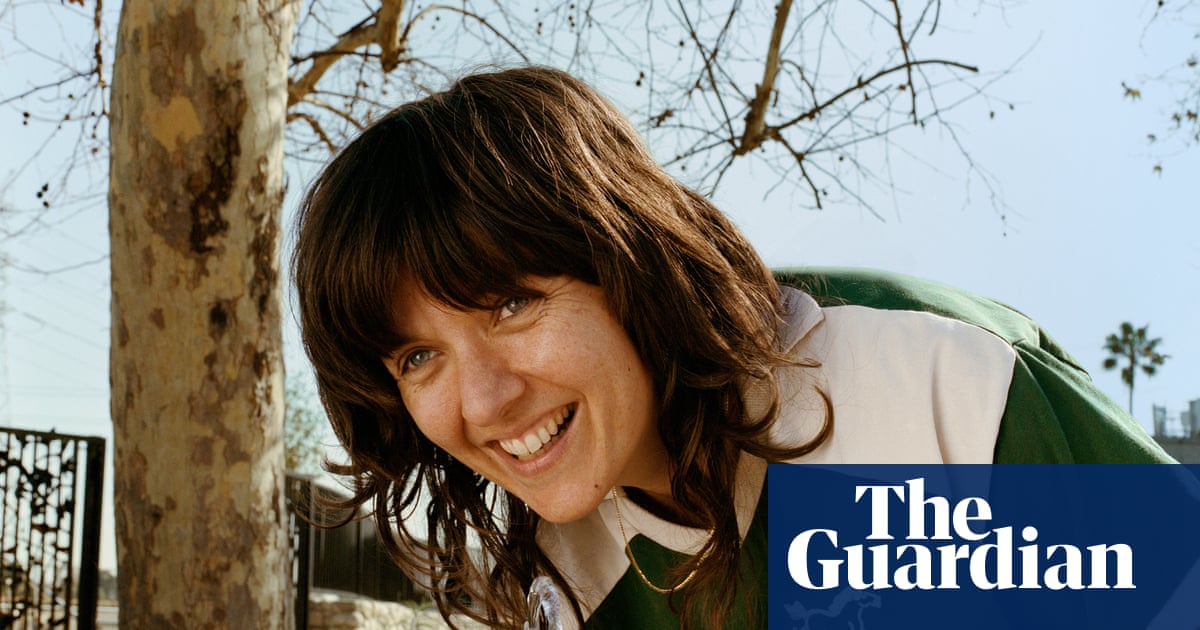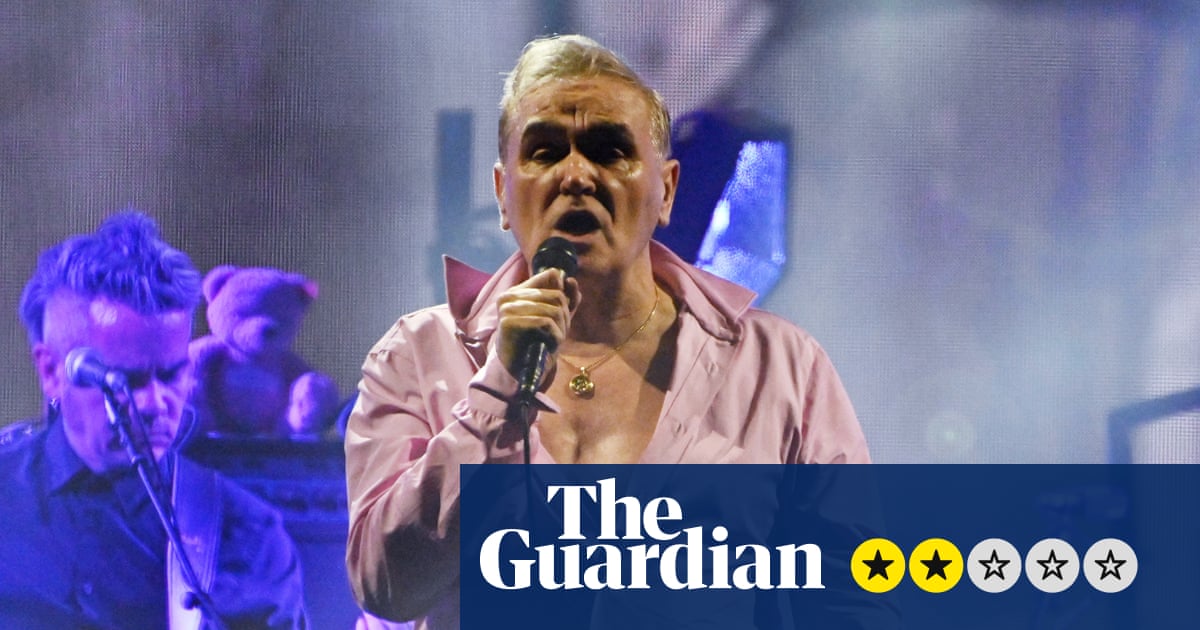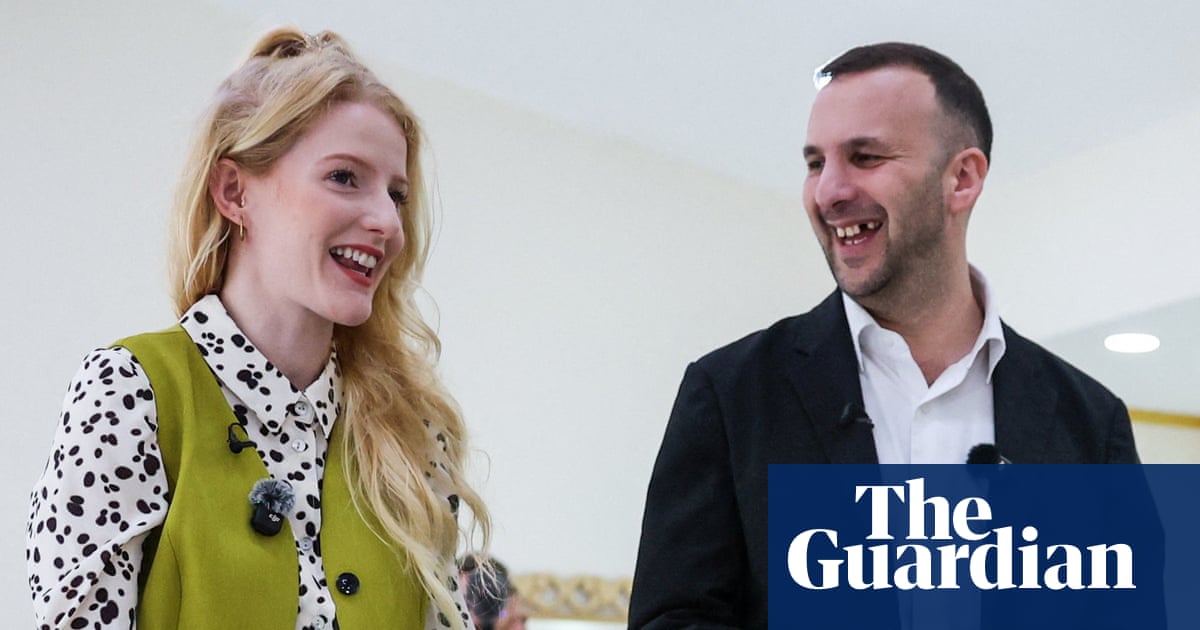David Gow, a former Germany correspondent and European business editor of the Guardian whose strong commitment to social justice and to the EU project continued long after he left the paper, has died of a heart attack aged 80.
Gow joined the Scotsman as a graduate trainee in 1969 before becoming the paper’s first Europe correspondent, then labour correspondent and finally its London editor. After nearly 20 years there Gow moved to the Guardian in 1989.
He was briefly education editor before going to Bonn to cover, for nearly six years, one of the most momentous periods in Germany’s postwar history, including its rebirth as a single nation with the reunification of east and west Germany in 1990.
Gow, who studied modern languages at Oxford and spoke fluent French and German, then moved to the business and industry desk in London before heading to Brussels as European business correspondent, where he stayed until he retired in 2012.
“David was an impressively professional journalist, the sort of versatile, reliable correspondent who never let you down and would get his teeth into a breaking story with speed and skill,” said Simon Tisdall, a former Guardian foreign editor.
“He was very knowledgable indeed about European affairs. But it wasn’t just the politics. He was also expert on the history and culture of the countries and movements he wrote about – and as a colleague, a pleasure to work with.”
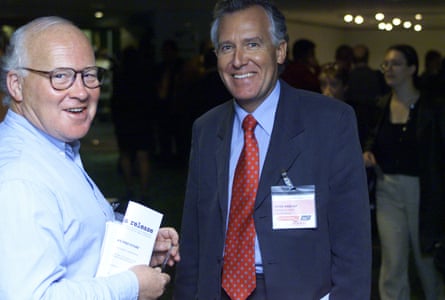
A convinced – though never starry-eyed – European since before the UK joined the European Economic Community in 1973, Gow took Brexit almost as a personal affront. He continued writing for numerous continental thinktanks and publications after leaving the Guardian.
“We are incredibly saddened to learn of David Gow’s passing,” said Henning Meyer, the chief executive and editor-in-chief of the progressive debate platform Social Europe, for which Gow was for many years a contributor, editor and senior adviser.
“Until his death, David was instrumental not only in shaping European intellectual debate but also in defining the direction of the Social Europe platform itself. He will be profoundly missed. Our deepest condolences go out to his wife and family.”
Gow also worked as a consultant editor for the Jacques Delors Centre in Berlin, and was a leading light in the pressure group European Movement in Scotland (EMiS), where he settled – in the city of his birth, Edinburgh – with his second wife, Gayle, after retirement.
EMiS said Gow had “a great hinterland of knowledge, the journalist’s ability to make the complex simple and to interpret with great clarity the political tides and eddies of our time. He was thoughtful, engaging and helpful to many.”
It added that he was “an ever-dependable adviser and the best of company. We shall miss him as a friend, and as a man in the great Scottish tradition of the democratic intellect.”
In 2023, he was elected a fellow of the Royal Society of Edinburgh for his contribution to journalism and public understanding of European affairs. The RSE’s president, Anton Muscatelli, said Gow would be remembered “for his warmth, charm and commitment to open, informed dialogue”.
He brought “real energy and insight to the society’s work”, including through his leadership of a Scotland-Europe initiative, Muscatelli said. “He was a friend and present in so many of the spaces for public debate in Scotland.”
Gow was equally committed to the labour movement and to social justice. He served on the national executive council of the National Union of Journalists, whose general secretary, Laura Davison, said the union’s thoughts were with his family.
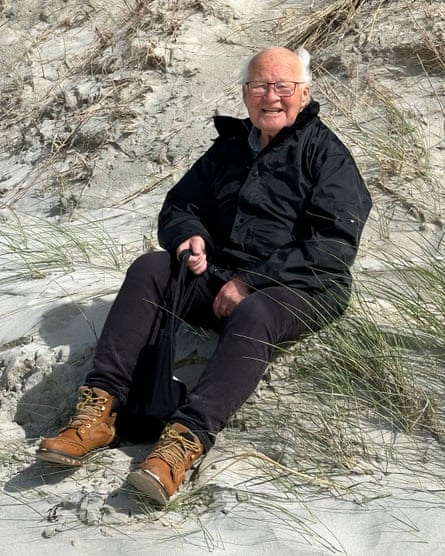
“He adored them and they were justifiably proud of his record in journalism, and of his commitment to the labour movement – not least the NUJ,” Davison said. “David was an old-school journalist, insistent on maintaining the highest ethical standards.
“He was forthright and firm in his views. But my memory of him will be his courtesy and respectful manner in debate. We have lost a good friend, and a loyal member.”
Séamus Dooley, the NUJ’s assistant general secretary, said Gow “understood the difference between scepticism and cynicism. He was always ready to question and challenge the perceived wisdom or a political consensus, not least in economics.”
Christine Buckley, the editor of the NUJ magazine the Journalist, who knew Gow from her time as business and industry correspondent at the Times, said he was “a class act: indefatigable, zero tolerance for nonsense – and a strong belief in fairness”.
Knowledgeable – and witty – on a vast array of topics, Gow was also a passionate gardener, at his cottage in Aumelas in the south of France and then at the lodge he bought in St Fillans, Perthshire.
He is survived by his wife, Gayle; by Gemma, his daughter with his first wife, Sue, who died of cancer in 2001; and by three grandchildren, three great-grandchildren, and his brother, Rod.

.png) 3 months ago
104
3 months ago
104

